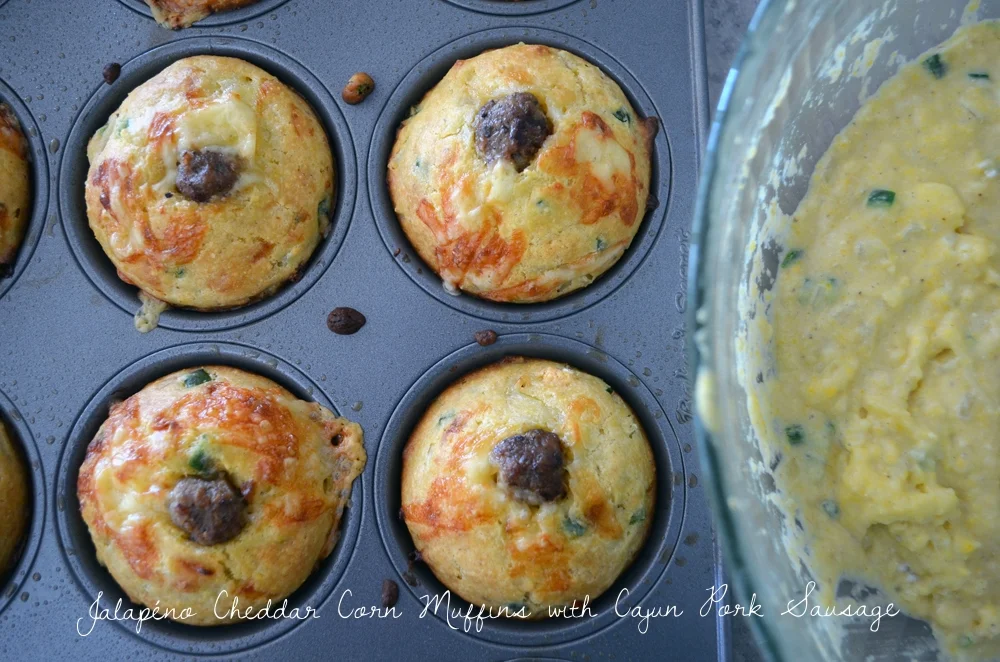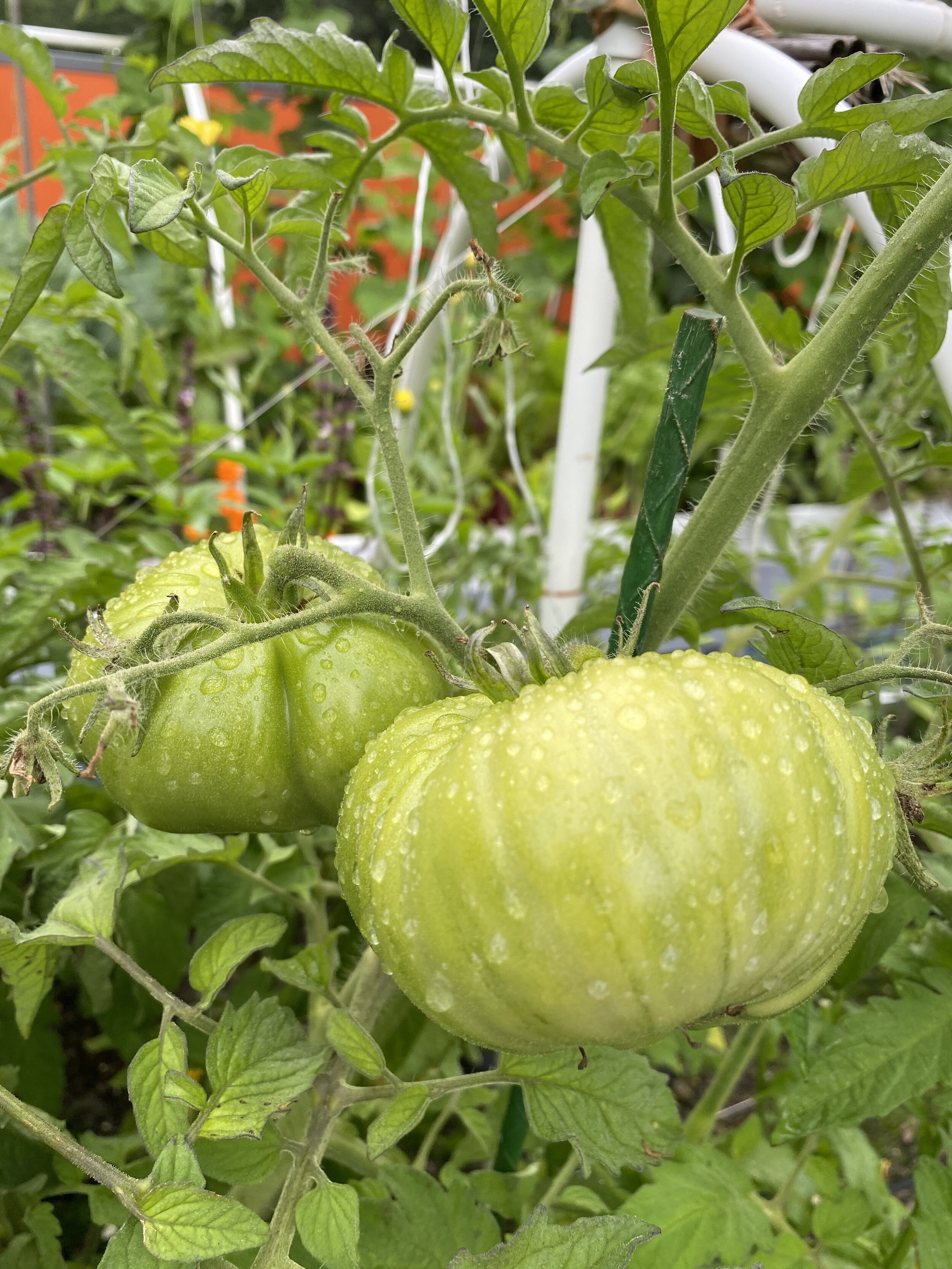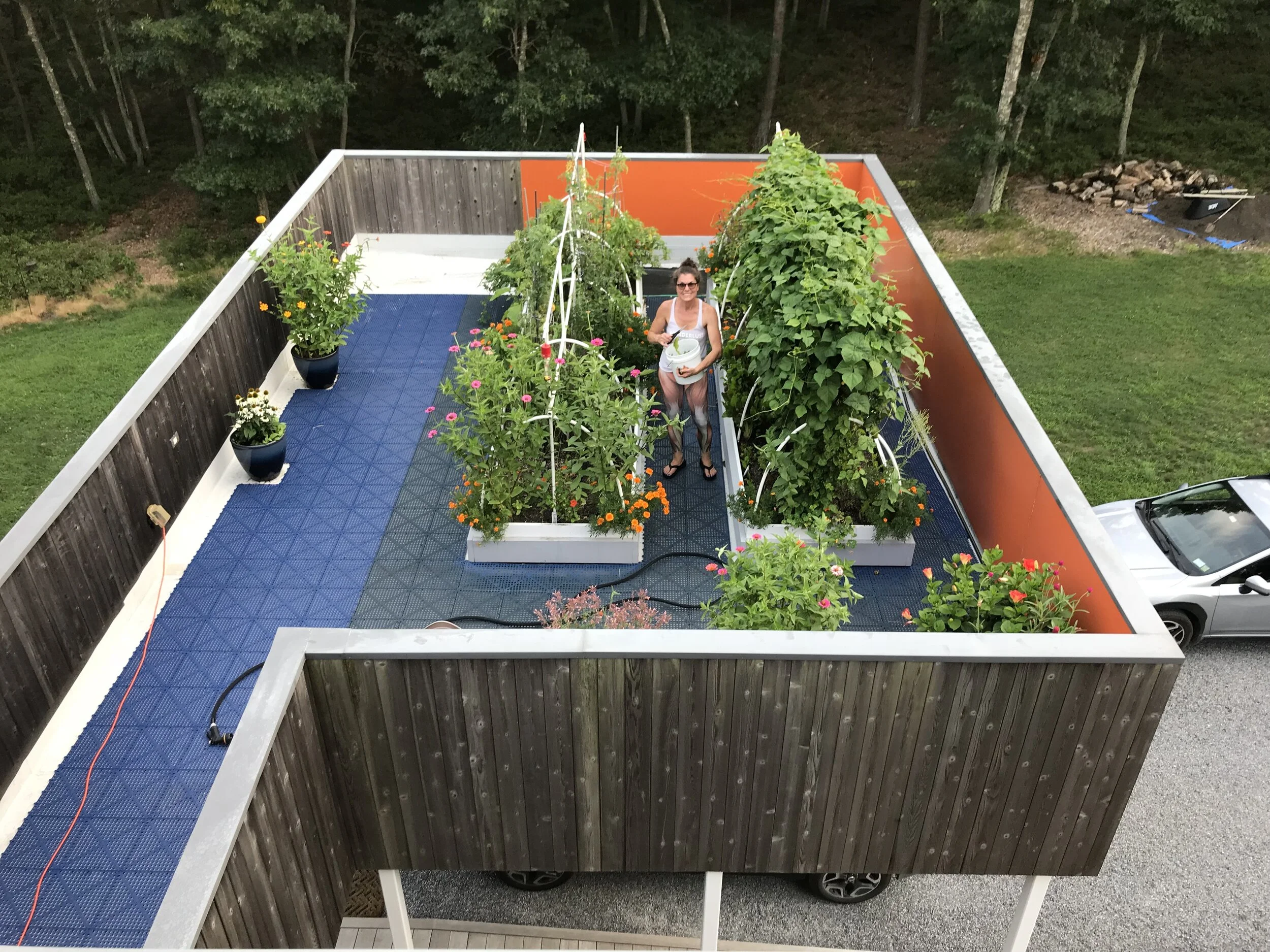The Long Island Cheese Pumpkin Project is an effort to support food diversity and to revitalize a pumpkin’s reputation from the porch to the kitchen. Over a year ago, I collaborated with pioneer farmer Stephanie Gaylor and her partner, Cheryl Frey Richards of Invincible Summer Farms and Salt of the Earth Seeds, to start the Long Island Cheese Pumpkin Project that is championed by the Long Island Regional Seed Consortium (LIRSC), their not-for-profit that is dedicated to education, advocacy and research to foster and nurture local seed systems.
The mission of the Long Island Cheese Pumpkin Project is to preserve, restore and bring culinary awareness of this local variety.
The project is made up of various food system shareholders or “Ambassadors”—such as chefs, growers, schools and eaters—who advocate for the dynamic use of this regional pumpkin across a broad spectrum of organizations to elevate this historical heirloom that has an incredible and versatile flavor for sweet, and yes, savory dishes.
Our official launch of the Long Island Cheese Pumpkin Project was at the 2nd Annual Seed Swap in February of 2016, hosted by the LIRSC. Since then, due to the efforts and enthusiasm of the Ambassadors, the pumpkin is once again growing in popularity.
Some notable happenings:
Edible School Gardens planted the pumpkin at 25 schools. The Blue Point Brewing Company created a LI Cheese Pumpkin Beer, and Eat Local NY, partnered with Maya's Jams to create Jams and Syrups. Slow Food East End co-hosted a Long Island Cheese Pumpkin Market Dinner at 18 Bay Restaurant that honored Susan and Myron Levine, and on Sunday, October 30th is co-hosting with the LIRSC, a Long Island Cheese Pumpkin Barn Social Potluck at the Naugles Barn at Hallockville. (get your tickets here). Seed Breeders, like Ken Greene of Hudson Valley Seed Library partnered with Glynwood to grow out the Long Island Cheese Pumpkin for their Kitchen Cultivars that promotes biodiversity and food. Some chefs around the tri-state area are replacing acorn and butternut squash for the Long Island Cheese Pumpkin. Publications like Edible East End have written extensively about this original pie pumpkin. (you can read my most recent What's in Season article here) And some home gardeners from Long Island to France grew this historic regional pumpkin for its indelible qualities.
For those of you who missed the Slow Food East End, Market Dinner, or, are not available on October 30th to attend the Barn Social Potluck you are in luck.
We partnered with Jimmy Carbone of Jimmy's No. 43 in NYC, to celebrate the Long Island Cheese Pumpkin Project. See below for a description of the days events.
Long Island Cheese Pumpkin Project Celebration
Join us for a three day celebration of the Long Island Cheese Pumpkin. Saved from near extinction from local seed saver, breeder and botanist Ken Ettlinger, the Long Island Cheese Pumpkin has emerged once again as the region's top pie pumpkin. Come learn the incredible story behind this amazing variety with distinguished guest panelists such as Amy Goldman Fowler, Ken Greene and Johanna Kolodny and Derek Diguglielmo. Sample dishes, desserts and beer all made from the pumpkin. Take part in a dessert competition or chef's cook-off. Join us for a 5 course dinner by five NYC renowned chefs!


























































